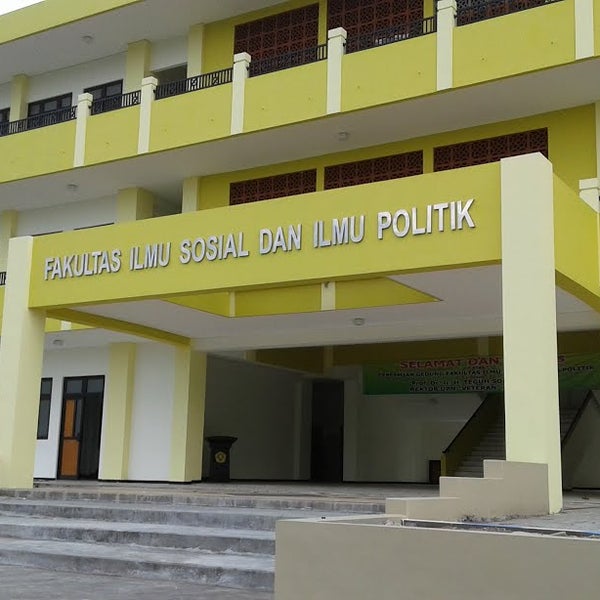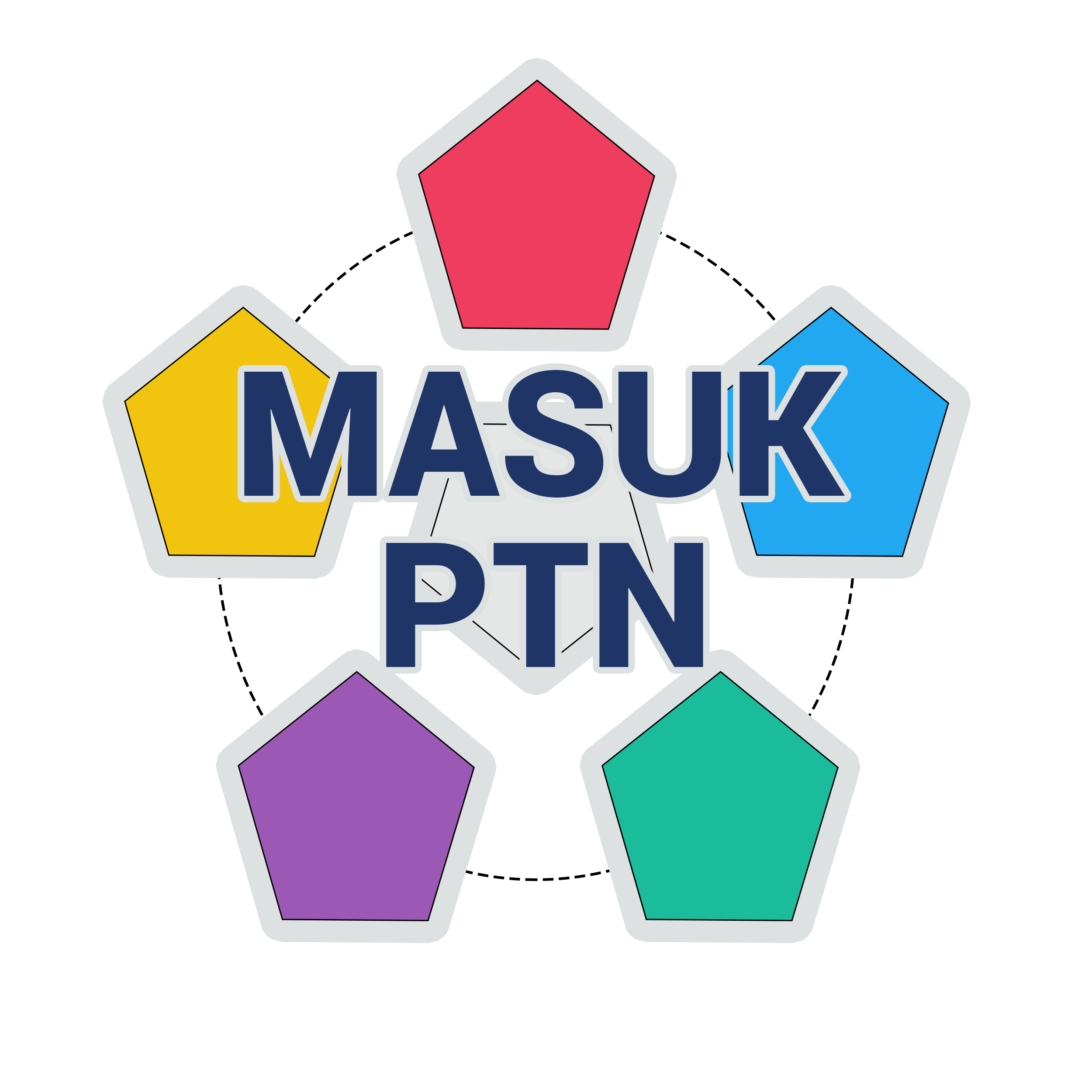SEJARAH
Bachelor Program of International Relations was established on September 30, 2011, under the Faculty of Social and Political Sciences by the Minister of National Education Decree number 216/E/O/2011. As a relatively new department, IR is granted with a “B” status (Good) by Indonesian National Accreditation Board (Badan Akreditasi Nasional Perguruan Tinggi / BAN-PT) Indonesian National Accreditation Board number 1071/1/1/SK/BAN-PT/Akred/S/IV/2019.
Among several IR departments in East Java province, the IR UPNVJT place their unique emphasis on their glocal approach. While most IR departments in Indonesia often use macro perspective to analyze the global phenomena, IR UPNVJT aims to see the local contexts in order to see the broader picture. This glocal characteristics that is being implemented as the core curriculum of IR, is in line with the university’s vision to implement state’s character and also coincides with the new national standards of higher education, the “Independent Campus, Freedom to Learn” (Indonesian: "Merdeka Belajar, Kampus Merdeka") curriculum released by the Minister of Education and Culture. This new standard and curriculum require universities across Indonesia to encourage their students to be more actively involved in society and in the world of work during their study to increase their employability.
Consequently, IR adjusted its curriculum to facilitate more students active involvement in society and world of work, specifically in relations of local-global issues through various out-of-class activities such as student exchange, internship, teaching assistance, research, humanitarian project, entrepreneurial activities, independent project and community service program. IRs new curriculum also adapts to the need to produce highly competitive human resources in the era of the Industrial Revolution 4.0 and Society 5.0.
Our Missions
1. Deliver graduates whom integrity, personality, social sensitivity, strong character as well as favorable scientific competence and high competitiveness. More than that, have faith and fear of God while upholding the values and spirits of Bela Negara (Nasionalism) who prepared themselves to the interests of society, nation, and state.
2. Disseminate scientific works, both scientific articles and research results within field of IR. Especially, under international security politics and transnational relations; which can be implements during teaching acitivities as well as community dedication.
3. Improve and strengthen various cooperation with policy-making communities, in order to increase the role and relevance of IR study which able to make real contribution to society, nation, and state, as well as to the world community.
Our Goals
1. Able to achieve the highly competitive graduates who are capable to make professional contributions in the work field with following indicators :
- Average GPA of graduates ≥ 3,00
- Average study time ≤ 4 (four) years
- Average TOEFL score of graduates ≥ 450
- Average time period to get job after graduated ≤ 3 (three) months
2. Able to increase the dissemination of scientific work, such as scientific articles, lecturer’s research, and the implementation of community service activities.
3. Able to improve and strengthen the cooperation and partnership with many parties, both government and private.
LAB
Laboratory and Inventory Room of International Relations (LABIRIN). A multi-functional room that can be accessed by the extended family of IR UPNVJT. It contains three sections: the examination room, the diplomatic room, and the server room.
- The examination room is used as a place for conducting academic examinations, be it proposal examinations, thesis defense, and final assignments.
- The diplomatic room is used as a social space to develop IR scientific skills. First, diplomacy is learning how to speak in public, write scientific content, to communicate with fellow students, lecturers, and staff. Second, growing analytical skills, namely discussing policy analysis, market analysis, to discussing what issues are currently hot.
- The server room is used as a data center container; both managerial data for study programs, as well as student, student, and alumni data. Not only that, LABIRIN can also be used as a Freelance Platform, where students are able to accommodate their talented talents, such as data entry, graphic design, translation, to assist in completing surveys or research.
PROGRAM STUDI
Our department has been implementing the new national standards and curriculum, "Merdeka Belajar and Kampus Merdeka" and therefore has designed its program to educate and train staffs to be able to master broad range of bureaucratic activities and activism in relation to local-global issues. IR graduates are expected to master local-global theoretical knowledge and practical skills as a sub-national affairs specialist and local-global issues activist.Other than the national standards and curriculum, IR conforms to the study of the market as the curriculum is continuously updated.
IR curriculum is organized by involving the Head of Department, internal stakeholders consisting of lecturers, students and alumni. To also keeping up to date to the needs of society and scientific developments in the fields of international relations, IR curriculum is organized by involving the Indonesian International Relations Association (Asosiasi Ilmu Hubungan Internasional Indonesia) where several recommendations were made for the members of the organization.
In consideration of all the parties involvement as mentioned above, our graduate’s profile, that is used as the core competencies, are described as follows :
- Professionals: the graduates shall have the ability to understand, explain, analyze and provide solutions to various local-global issues by acting as consultant, communicators and bureaucrats.
- Researcher: the graduates shall have the ability to conduct innovative research, community service and expand the development of local-global understanding by acting as analysts and researchers.
- Activist: the graduates shall have the ability to motivate and create initiative, solution, and alternative to improve and promote local-global wellbeing by acting as social economic entrepreneurs and activists.
According to the curriculum and it graduates profile of regional affairs specialist and local-global issues activist, IR should provide the following qualifications :
- A personal character with integrity, responsibility and professionalism underlined by the state’s characteristics upheld by the university.
- Ability to understand, explain, master, and implement principles of International Relations studies, specifically covering local-global issues, to meet the needs of society and world of work.
- Analytical and researching skills to understand, improve and create solutions and alternatives of various international relations phenomenon between local actors and issues with global actors and issues.
- Motivation and creativity to expand the knowledge of international relations studies as an effort to bridge local and global issues and improve society’s wellbeing.

 MASUK PTN
MASUK PTN